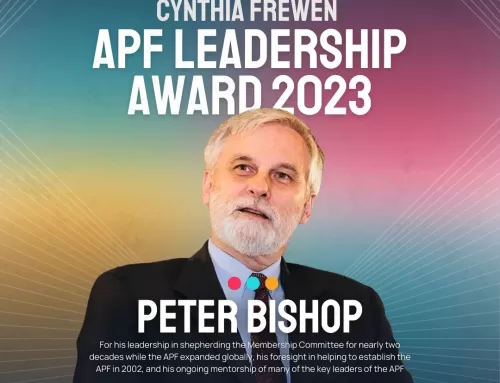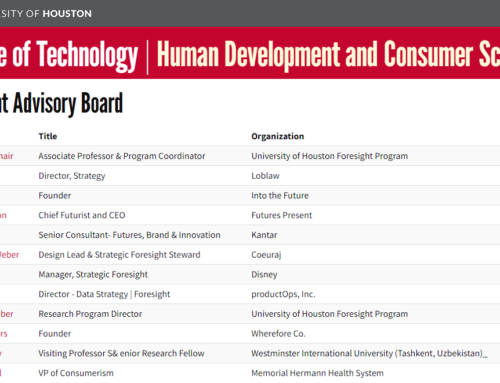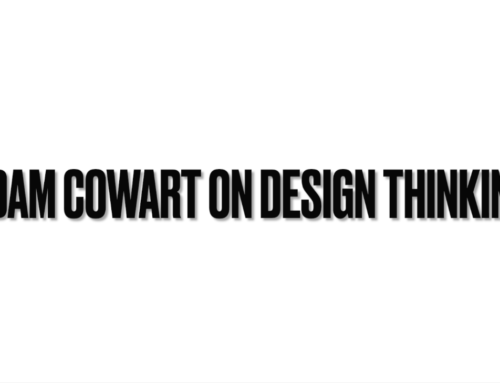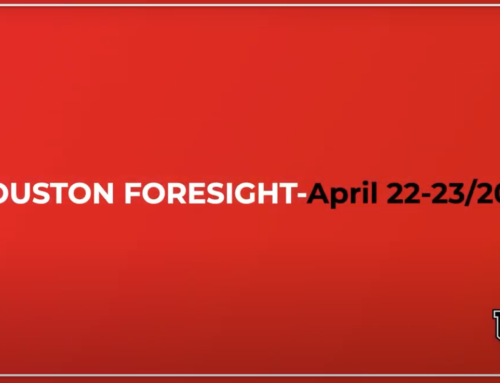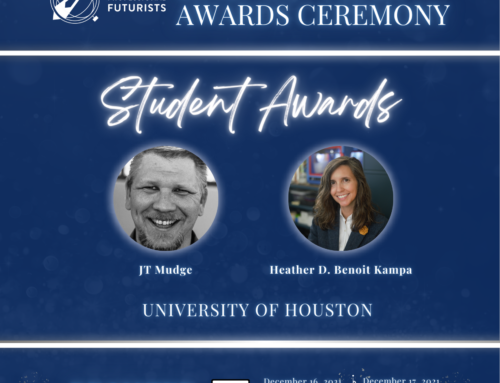I am excited to announce that I accepted Richard Slaughter’s offer to be the Associate Editor of the next u pdate of the Knowledge Base of Futures Studies (KBFS). First some background and then our request for your help.
pdate of the Knowledge Base of Futures Studies (KBFS). First some background and then our request for your help.
Australian futurist Richard Slaughter observed back in the 1990s that there was not a high-quality, readable ‘one-stop-shop’ to introduce and represent our field. Where should newcomers to the field begin? Where would they find not one but a series of accounts about the main characteristics of the field: origins, foundations, methods, organizations and so on? At the time there were only scattered fragments that took considerable time and effort to sift through and evaluate. That began a journey to the inaugural KBFS, a three-volume set of books that was launched at a World Future Society conference in Washington D.C. in 1996.
Before long, however, it became clear that a weighty set of books that could qualify as a door stop might not be the best medium. Thus the books were translated into html documents and the first KBFS CD-ROM was born. A further update incorporating some 80 new items was completed by 2005 and named the ‘professional’ edition. It had the honor of being recognized by being awarded one the APF’s Most Important Futures Works awards of that year.
Since then the KBFS has made its way around the world and been used by many people, not least within futures-related education and professional development contexts. Conversations with a number of colleagues confirmed that a further up-date is certainly desirable. The last 15+ years have produced a huge range of new material, some of which is worthy of more than the fleeting attention allowed by the brief prominence afforded by journal publication that is all-too-often followed by a rapid descent into obscurity.
Slaughter discussed the idea of an update with with APF Chair Jay Gary among others. Earlier this year, Richard approached me, and the update idea took more serious shape.
Help wanted
As with previous up-dates, the success of this one depends on there being people who are willing to invest a little time searching out some of the best work produced since 2005. So we are asking professional futurists to get in touch with Richard or myself (ahines@uh.edu) with three types of suggestions:
- Key new concepts, methods, organizations that have emerged since 2005
- Specific articles that you would recommend including in the next edition
- Pointing us to the work of “emerging practitioners” so that we can capture the voice of the next generation of futurists
More details will become available as the project develops but right now we’d appreciate your responses to the suggestions above, or any other advice on how we can improve the next edition of the KBFS. – Andy Hines

